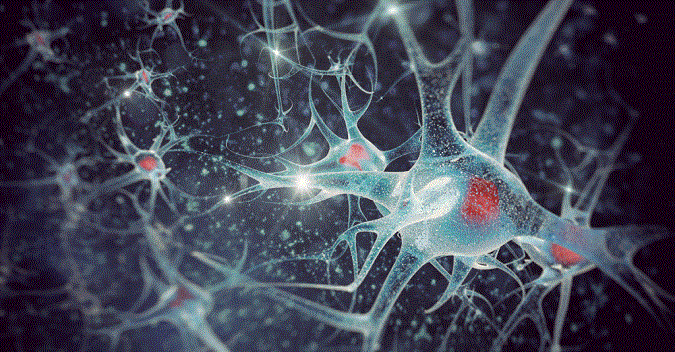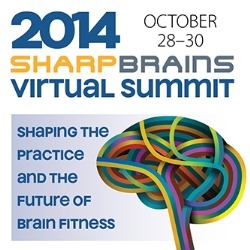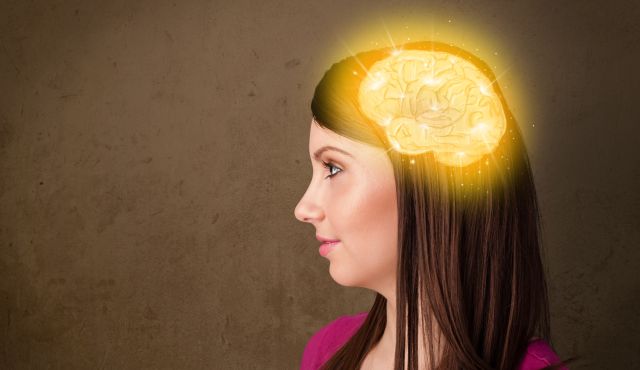Posts Tagged ‘mobile’
Dr. Albert Kwon, CEO of Brainnovations Winner AUGMENTx, wants to harness Augmented Reality to significantly ease access to Neurological Rehabilitation Therapies
___ Albert, what surprised you the most from the Judges’ questions and feedback during the Brainnovations Pitch Contest? It was a pleasant surprise to receive so many votes and such great feedback, which solidified my conviction that there is a great need to create new therapy options for stroke patients and other neurological injuries, especially…
Read MorePlease help us spread the word about neuroplasticity & brain health innovation
— Hundreds of companies around the globe–now including Elon Musk’s Neuralink and even Facebook–are researching and developing new ways to help brain owners be smarter, sharper, and healthier. What explains this flurry of activity? Where may it be headed? To help you understand what’s going on, let me highlight five key facts that emerged from the…
Read MoreNext: Harnessing information and communications technology (ICT) to address mental health challenges affecting 700 million people today
Making Mental Health a Global Priority (The Dana Foundation): “Who hasn’t felt a sense of loss or detachment from our families, friends, and regular routines, or experienced nervousness and anxiety about changes in our personal and professional lives?
Read MoreBest practices to assess and enhance brain functions via mobile devices and wearables
Don’t miss the session Best practices to assess and enhance brain function via mobile devices and wearables at the 2014 SharpBrains Virtual Summit next week, featuring: Corinna E. Lathan, Founder and CEO of AnthroTronix (just received FDA clearance) Eddie Martucci, VP Research & Development at Akili Interactive Labs Alex Doman, Co-Founder of Sleep Genius Joan Severson, President of…
Read MoreTraining our brains’ executive control to reduce rumination and improve mood
Israeli computer ‘game’ teaches brain to be happier (Haaretz): “There are people who think dwelling on their emotions is helpful, viewing it as a kind of wrestling match with their inner demons. But according to psychologists, it’s
Read MoreUpdate: New brain science leads to new tools and to new thinking
We often view memory, thinking, emotions, as completely separate entities, but they truly are part of the same process. So, if we want to improve brain health, we need to pay attention to the “weak link” in that process. In today’s society, managing stress and negative emotions is often that weak link, as we discuss…
Read More





